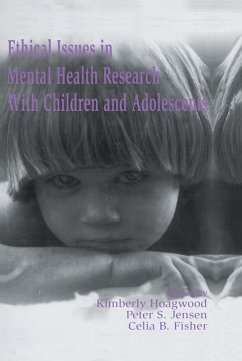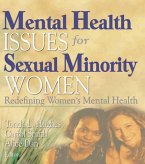In attempting to bridge the apparent gap between ethics and science, the editors close this volume on a note commonly sounded by researchers: more research is needed. Yet in this area, a new kind of research is required. The science of scientific ethics must be developed and expanded, and better understanding of the determinants and circumstances under which children can comprehend and evaluate risks and benefits is needed. Likewise, fuller knowledge of the contextual factors affecting children's and families' consent to participate in research is essential. In particular, development of scales to assess children's ability to comprehend risk-benefit issues, studies of families' reactions to research procedures, and empirical data on the impact of various forms of participant reimbursement will advance both science and ethics. This volume should spur further research, serving as a guide for current investigators, participating families, institutional review boards, and policymakers who shape the research enterprise.
Dieser Download kann aus rechtlichen Gründen nur mit Rechnungsadresse in A, B, BG, CY, CZ, D, DK, EW, E, FIN, F, GR, HR, H, IRL, I, LT, L, LR, M, NL, PL, P, R, S, SLO, SK ausgeliefert werden.
Hinweis: Dieser Artikel kann nur an eine deutsche Lieferadresse ausgeliefert werden.









